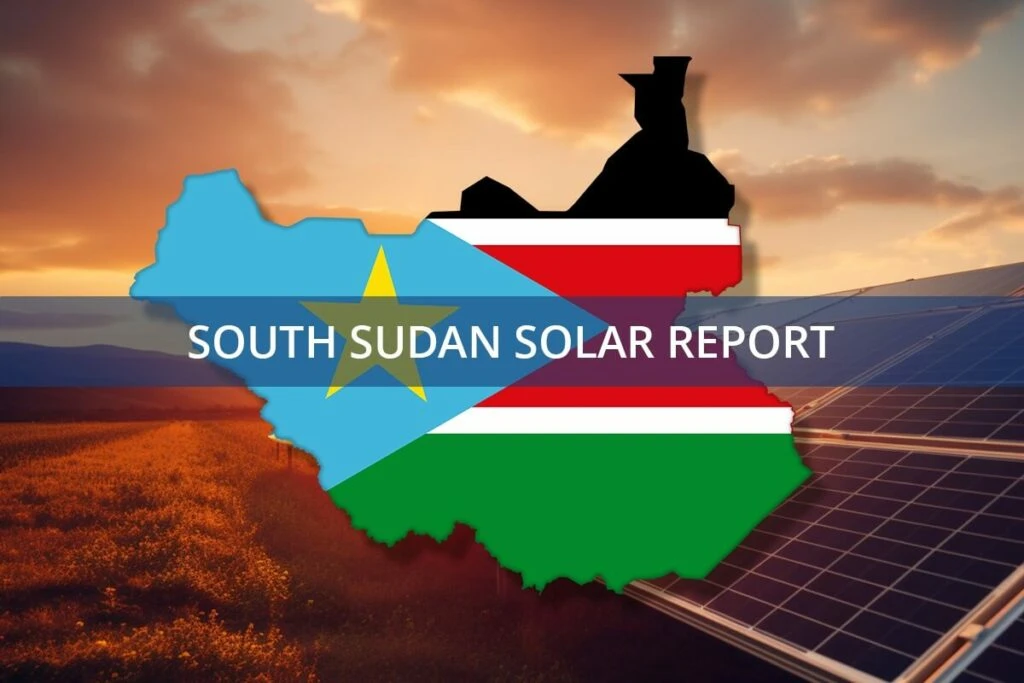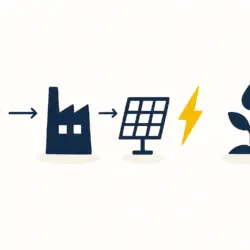Sudan is grappling with an acute energy crisis caused by the ongoing civil war between the Sudanese Armed Forces (SAF) and the Rapid Support Forces (RSF). The conflict, which erupted in April this year, has devastated the country’s oil and gas sectors, disrupting production and transportation and damaging vital infrastructure.
Impact of the Sudan energy crisis on Oil Production
Since the conflict began, Sudan’s oil production has plummeted to roughly 33,000 barrels per day—a stark drop from 64,000 before the war. According to Energy Minister Mohamed Abdallah, the nation has lost about 50 percent of its oil production due to the fighting.
Fighting has severely damaged oil fields in the western regions, especially in Darfur, causing a substantial decline in production. The conflict has also disrupted oil transportation, as critical pipelines and roads have been destroyed or have become unsafe.
Before the conflict, Sudan relied heavily on oil exports for revenue. The war has brought these exports to a standstill, worsening the country’s economic woes and forcing the government to search for alternative revenue streams.
Gas Shortage and the Sudan energy crisis Consequences
Sudan is also battling a severe gas shortage. Damage to the main gas plant in Khartoum has significantly cut the supply, leading to widespread power outages and prolonged daily blackouts in many areas.
The gas shortage has caused cooking gas prices to surge, tripling in some regions and placing an additional burden on Sudanese families already struggling with the country’s economic crisis.
Sudan’s gas exports have also been hit hard. Before the war, the country exported gas to neighbors like South Sudan and Ethiopia. Now, with the Khartoum plant damaged and production severely curtailed, these exports have ceased.
The crisis has also crippled the country’s transportation sector, as fuel shortages cause widespread disruption. Public transport has been suspended in many areas, leaving people stranded, while the shortage has driven up costs, with taxi and bus fares doubling in some regions.
Government Measures to Address the Sudan energy crisis
The Sudanese government is taking several measures to mitigate the crisis. Energy Minister Mohamed Abdallah has announced plans to boost oil production by drilling new wells in the eastern part of the country, though efforts to repair damaged oil fields in the west are hindered by the ongoing conflict.
To address the gas shortage, the government plans to import gas from neighboring countries. This effort is complicated by the conflict, however, as many key transportation routes remain damaged or unsafe.
Authorities are also trying to repair the damaged gas plant in Khartoum and restore gas production to pre-war levels, but the ongoing conflict makes this work challenging.
For the long term, the government is exploring alternative energy sources, including renewables. Sudan has significant potential for solar and wind power, and officials are working to attract foreign investment to develop these sectors. For instance, projects like the Sudan solar project underscore the country’s commitment to harnessing solar power as a sustainable solution.
While the government’s efforts to address the crisis continue, Sudan’s energy sector faces significant challenges in the months and years ahead. The ongoing conflict, coupled with damage to critical infrastructure, suggests the road to recovery will be a long one.



